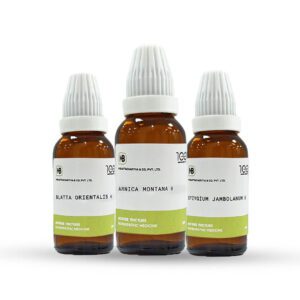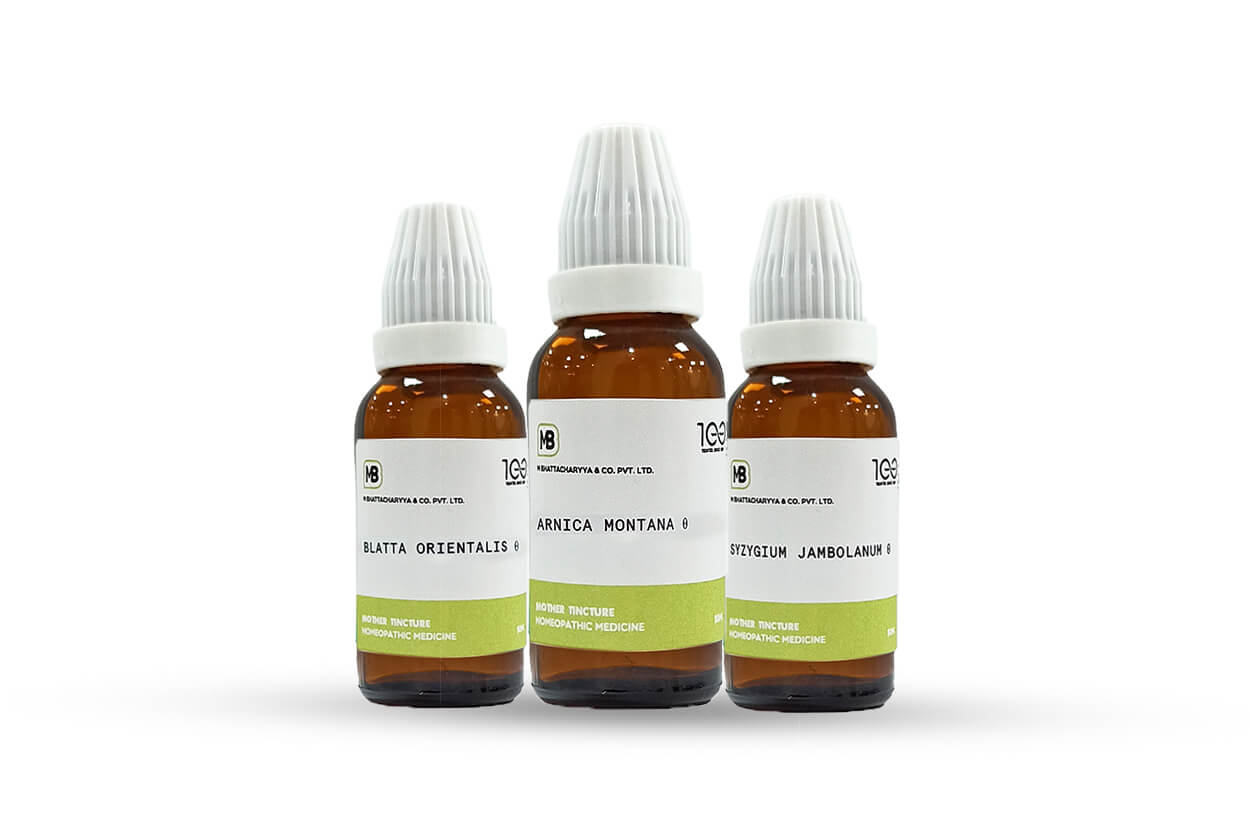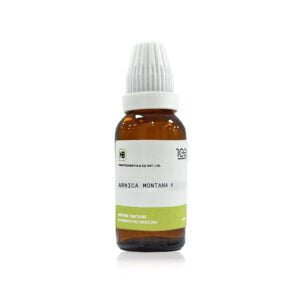Jaborandi
(PILOCARPUS MICROPHYLLUS)
Pilocarpus is a powerful glandular stimulant and the most efficient diaphoretic. Its most important effects are diaphoresis, salivation and myosis. Hot flushes, nausea, salivation and profuse perspiration. The face, ears and neck become in a few minutes after a dose of Jaborandi deeply flushed, and drops of perspiration break out all over the body whilst at the same time the mouth waters and saliva pours out in an almost continuous stream. Other secretions, lachrymal, nasal bronchial and intestinal also but in less degree. The sweat and saliva produced by a single dose is often enormous in quantity, not infrequently half a pint.
Is homeopathic to abnormal sweats, and has achieved great success in night-sweats of consumptives. Acts upon the thyroid and its sudorific action may possibly be due to it. Exophthalmic goitre, with increased heart’s action and pulsation of arteries; tremors and nervousness; heat and sweating; bronchial irritation. A valuable remedy in limiting the duration of mumps.
Eyes.–Eye strain from whatever cause. Irritability of the ciliary muscle. Eyes easily tire from slightest use. Heat and burning in eyes on use. Headache; smarting and pain in globe on use. Everything at a distance appears hazy; vision becomes indistinct every few moments. Retinal images retained long after using eyes. Irritation from electric or other artificial light. Pupils contracted; do not react to light. Staring eyes. Near-sighted. Vertigo and nausea after using eyes. White spots before eyes. Smarting pain in eyes. Lids twitch. Atrophic choroiditis. Spasm of the accommodation while reading.
Ears.–Serous exudation into the tympanitic cavities. Tinnitus (Pilocarpin 2x).
Mouth.–Saliva viscid, like white of egg. Dryness. Free salivation, with profuse sweating.
Stomach.–Nausea on looking at objects moving; vomiting; pressure and pain in stomach.
Abdomen.–Diarrhoea, painless; during day with flushed face and profuse sweat.
Urinary.–Scanty; pain over pubes with much urging.
Heart.–Pulse irregular, dicrotic. Oppression of chest. Cyanosis; collapse. Nervous cardiac affections.
Respiratory.–Bronchial mucous membrane inflamed. Much inclination to cough and difficult breathing. Œdema of lungs. Foamy sputa. Profuse, thin, serous expectoration. Slow, sighing respiration.
Skin.–Excessive perspiration from all parts of the body. Persistent dryness of skin. Dry eczema. Semi-lateral sweats. Chilliness with sweat.
Relationship.–Compare: Amyl nit; Atrop; Physos; Lycop; Ruta. Pilocarpin mur, (Meniere’s disease, rapidly progressive phthisis, with free haemorrhages, profuse sweating, 2x trit). Atropine is the antagonist to Pilocarpin, in dose of one one-hundredth grain for one-sixth of Pilocarpin.
Dose.–Third potency.
Non-Homeopathic Uses.–Chiefly as a powerful and rapid diaphoretic. It is of most service in renal disease, especially with uraemia, eliminating both water, and urea. Scarlatinal dropsy. Contra-indicated in heart failure, and in post-puerperal uraemia, and in senile cases.
Dose.–One-eighth to one-fourth grain hypodermically.



